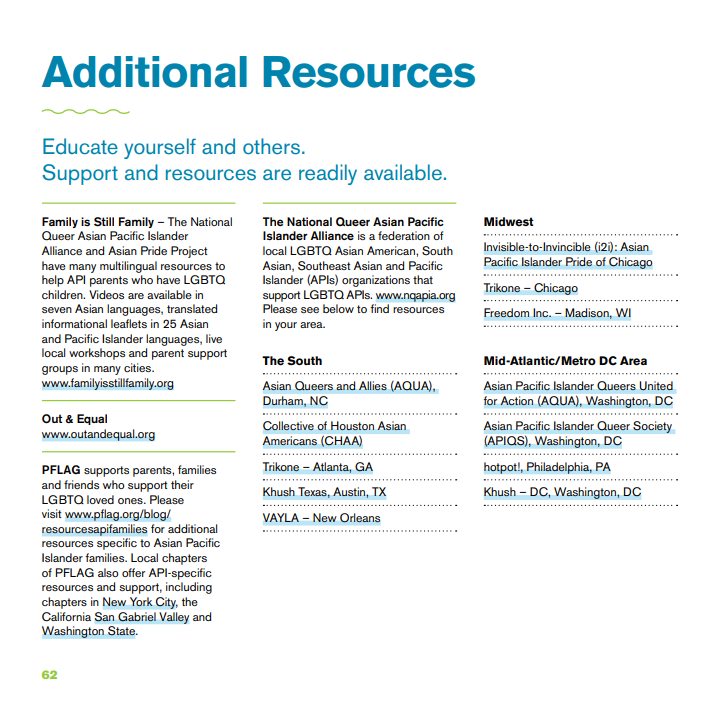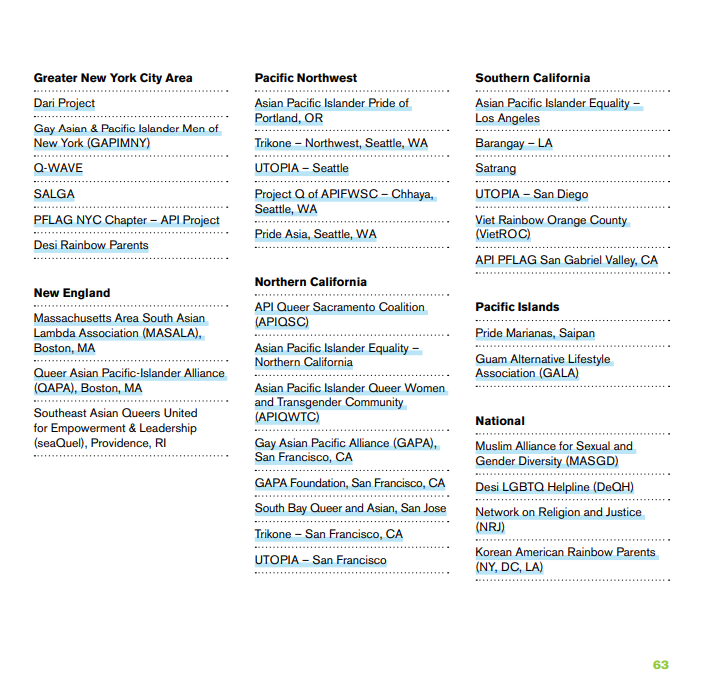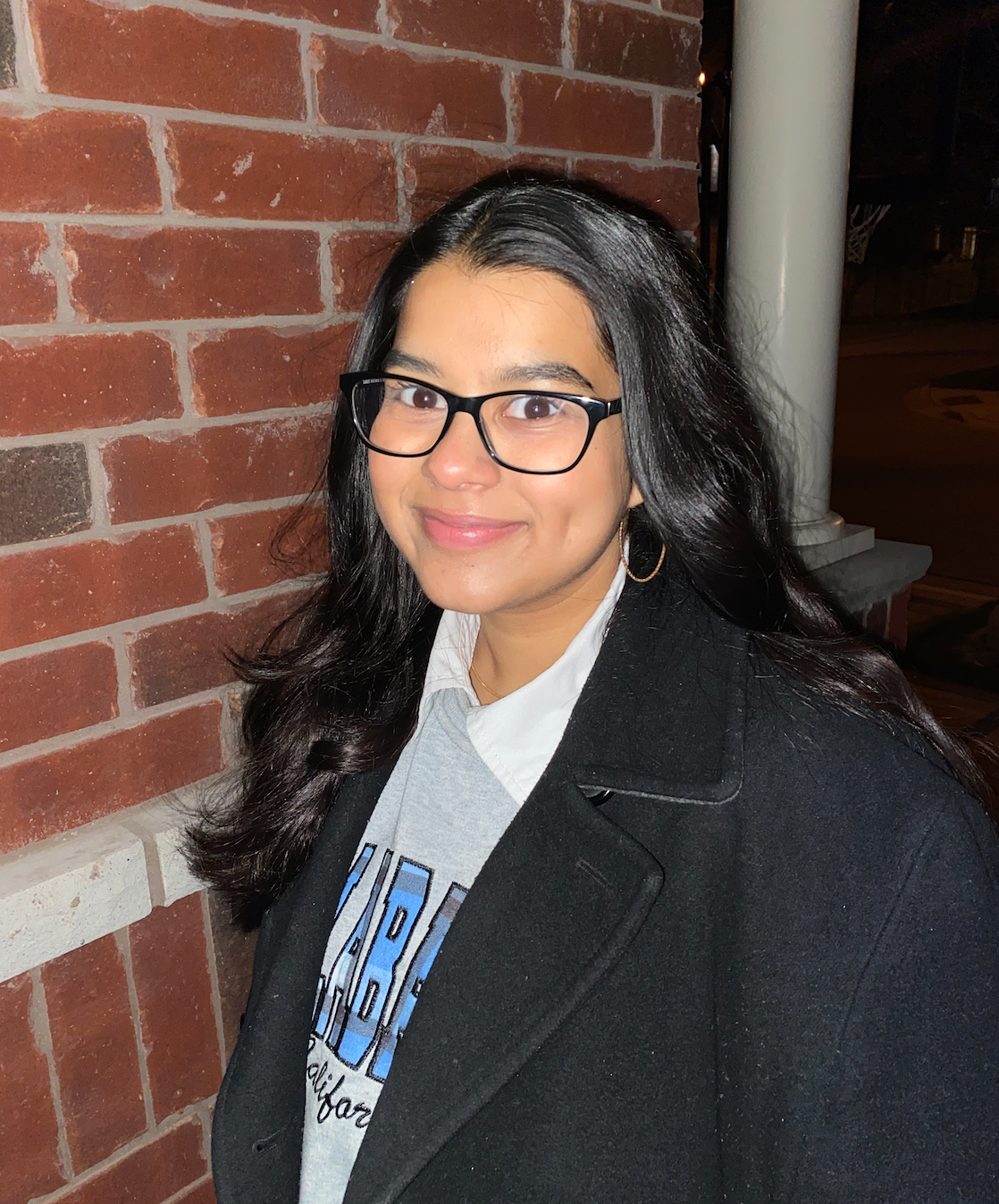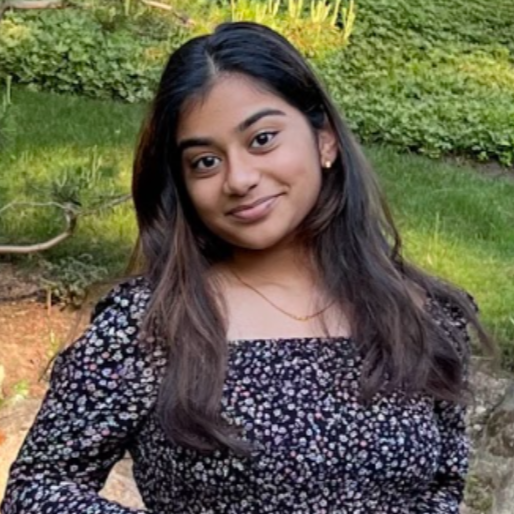Navigating the Journey of Authenticity
The process of coming out and embracing one's sexual orientation or gender identity is an incredibly personal journey. It becomes even more nuanced within the Asian and Pacific Islander (API) community, given the unique cultural, familial, and societal factors at play. The Human Rights Campaign's (HRC’s) report titled “Coming Out: Living Authentically as LGBTQ Asian and Pacific Islander Americans” provides information that delves deeper into this transformative journey of self-discovery and acceptance; for convenience, this Anise blog post summarizes key highlights from this detailed report.
How can we celebrate the intersection of Queer and Asian identities?
Despite the stigma that accompanies LGBTQ+ topics in Asian communities, there is in fact an unspoken appreciation of the role that sexual orientation plays in our history. In China, as far back as the Qing dynasty, (1644-1912), the Golden Orchid Society (Jinglanhui) was a women’s organization that celebrated “passionate friendships” and embraced same-sex relationships between women. Meanwhile, many regard Guanyin, the “Goddess of Mercy” to be a transgender deity. In South Asia, the term Hijra includes transgender, intersex and non-binary people and are officially recognized by public officials in Bangladesh, Nepal, India and Pakistan. Additionally, several Asian countries have commonly referenced gender non-binary terms such as phet thi sam in Thailand, meti in Nepal, bakla in the Philippines and mak nyah in Malaysia.
This historical context reinforces the important ways in which queer individuals add color and diversity to Asian society across generations, and thus are a crucial component of our thriving culture. Acknowledging these shared roots thus enables us to understand why we all must care for each other to support individuals’ coming out process. Culture connects us. Therefore, we all benefit from being informed and involved in constructive conversation.
What specific challenges do API individuals face when coming out?
In many API cultures, family plays a central role. According to the report, 70% of API LGBTQ+ individuals surveyed reported that their families' expectations were the most significant barrier to coming out. The fear of disappointing or causing shame to their families can lead to hesitation or delays in sharing their story.
“It’s important to know that your LGBTQ+ identity should not be the cause of shame or pain. Pain comes from the prejudices around you, not from who you are or who you love.” - HRC Report Page 15
Upholding traditional values like religion adds extra pressure on individuals during their coming out process. In 2012, the Pew Research Center found that 74% of the Asian American population are religiously affiliated and 26% are not (see Figure 1). Furthermore, millions of LGBTQ+ individuals are learning to reconcile their own identities with beliefs of their families. Apart from what many people may think, multiple faiths that were once non-affirming now recognize that embracing the LGBTQ+ community emphasizes strong religious and spiritual values such as compassion, and love.
“LGBTQ+ family acceptance is often influenced by religious beliefs or traditions and cultural context.” - HRC Report Page 28
Many LGBTQ+ API immigrants come from countries that are less accepting or even intolerant of the LGBTQ+ community, while others might come from conformist societies in which the LGBTQ+ community may be shunned. The report also highlights that 60% of API LGBTQ+ respondents reported experiencing discrimination due to their sexual orientation or gender identity within their API communities. These cultural stigmas and taboos create an environment of fear, judgment, and rejection within families and communities, making the coming-out process even more challenging.
Figure 1: Breakdown of religious beliefs in the Asian American Population
Many LGBTQ+ API immigrants come from countries that are less accepting or even intolerant of the LGBTQ+ community, while others might come from conformist societies in which the LGBTQ+ community may be shunned. The report also highlights that 60% of API LGBTQ+ respondents reported experiencing discrimination due to their sexual orientation or gender identity within their API communities. These cultural stigmas and taboos create an environment of fear, judgment, and rejection within families and communities, making the coming-out process even more challenging.
How can API individuals navigate this process?
While the coming out journey is deeply personal, there are some strategies and recommendations to navigate this process within the API community (see Figure 2).
Figure 2: The Coming out Continuum process according to the report.
The first step for an individual is self-acceptance, understanding, and compassion. This establishes a strong foundation upon which interpersonal relationships can be formed for support and reassurance. A great way to start looking for support is through the media. LGBTQ-affirming and coming out stories showcase how individuals were resilient in their communities and navigated their own bicultural identities. Educating oneself about sexual orientation, gender identity, and the experiences of others lays a strong foundation of knowledge and confidence.
Furthermore, identifying supportive friends, allies, or LGBTQ+ organizations within the API community can be immensely helpful. Some do this by finding other LGBTQ+ individuals in our community, or looking at in-person support groups. Connecting with others who have gone through similar experiences provides much-needed encouragement and necessary emotional support.
Finally, due to the unique challenges faced by API individuals, some may choose a more gradual approach to coming out. Beginning with trusted friends or family members and gradually expanding the circle of disclosure helps manage potential impacts on relationships. Figure 3 shows some resources that can help one’s coming out journey.
Coming out within the API community is a complex and deeply personal journey influenced by various cultural, familial, and societal factors. Understanding these challenges and seeking support from culturally competent resources are essential steps in navigating this process. It’s vital that individuals find strength and resilience on their journey toward living authentically. Remember, your coming out experience is unique, and taking the time to prioritize your emotional well-being and personal growth is crucial.
Aditi Dewangan and Saachi Jain are interns at Anise Health. They work on researching, fostering outreach and engagement, and building brand awareness.







